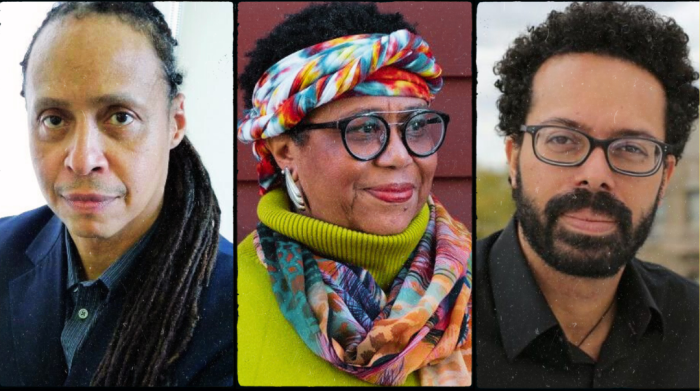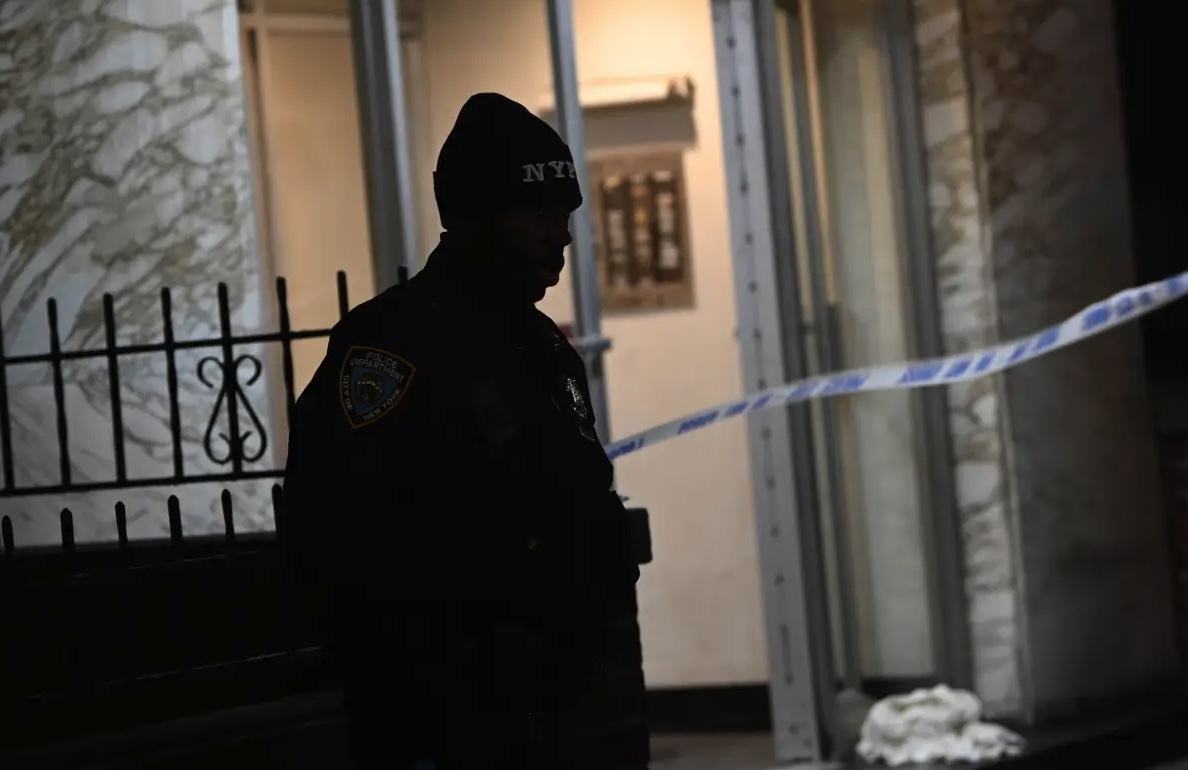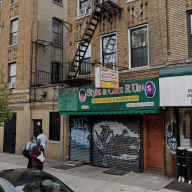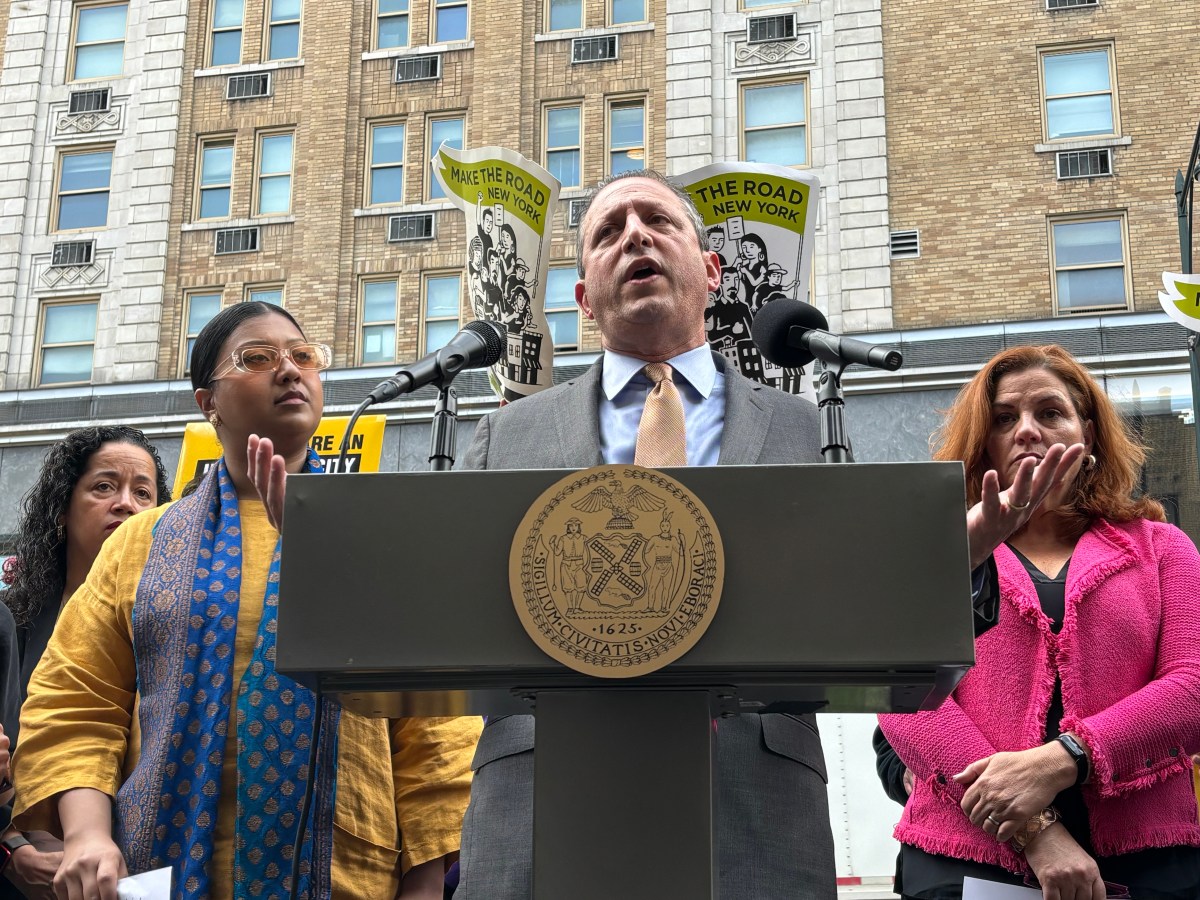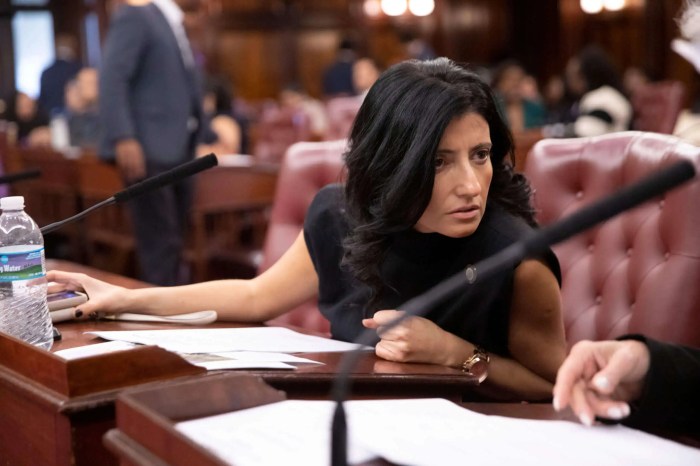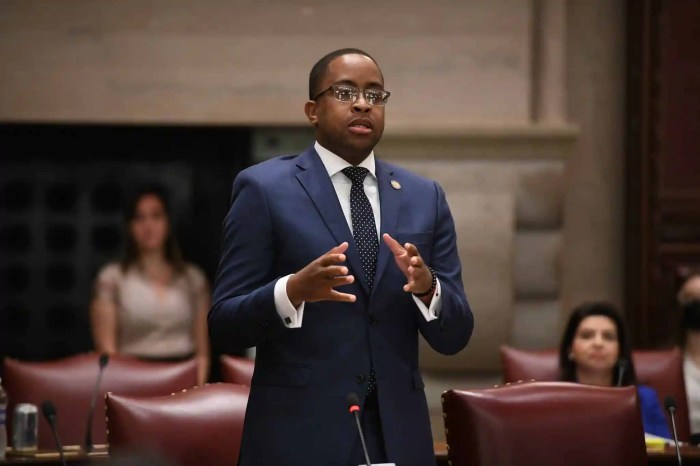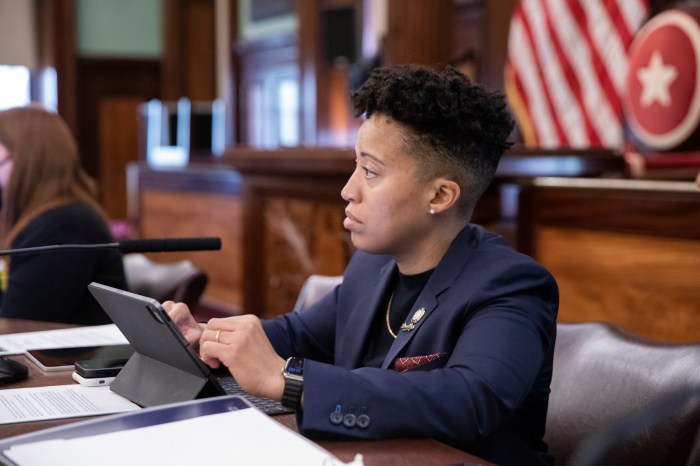Last week, a longtime Community Board 6 District Manager Craig Hammerman was accused of forging signatures to give himself unauthorized raises of more than $38,000 between May, 2015 and October, 2017. After 27 years on the job, he now faces up to seven years in prison.
Anyone who has worked in city government since 1990 knew Mr. Hammerman. He was the go-to person for any issue affecting his district, which included Cobble Hill, Carroll Gardens, Red Hook, and Park Slope.
In the late 1990s, I began working as a community liaison to Borough President Howard Golden, where I was the point person to several community boards, including Hammerman’s. He was a walking encyclopedia of every issue in the area and on how to navigate the city bureaucracy. When I became Borough President Marty Markowitz’s director of community boards, my relationship with Hammerman and all of Brooklyn’s 18 community boards deepened. So I am saddened, shocked, and disappointed by these charges.
Now, community boards and their operations are in the spotlight. Normally, only the few dozen of the most active community members and some local newspapers are familiar with their existence. This is unfortunate because community boards are the most local level of democracy.
These “little city halls” were the brainchild of Manhattan Borough President Robert Wagner, who established 12 community planning councils in 1951 to advise him on budget and planning issues. New York City Charter revisions over the decades increased the role of community boards by giving them an advisory role with the city budget, land use matters, and agency service delivery in the district.
Currently, the Council’s Charter Revision Commission is reviewing the functions and structure of city government, including community boards. Any recommendations made will be put on the ballot in November, 2019 for voters to approve. This is an opportunity to make our community boards more effective, and to avoid events such as what happened with Community Board 6.
According to the Brooklyn district attorney, Hammerman forged the signatures of two community board chairmen four times to give himself the unauthorized raises, which boosted his salary to $121,931. These raises were only discovered by an internal board audit when Hammerman took a leave of absence shortly before he resigned in October, 2017.
Here is the scary part. Hammerman’s attorney, Joyce David, says Hammerman was authorized to forge the signatures, stating, “As district manager he was authorized to do the business of the community board. He was authorized to use the board chairman’s electronic signature and he used that on all his work. There is nothing improper or illegal about what he did.”
So what are possible topics for consideration for the Council’s Charter Revision Committee to improve community boards? How about requiring that the chairperson and the vice-chairperson of a board originally sign documents that allocate community board funds, which, by the way, are taxpayer dollars. Indeed, each of the city’s 59 community boards are given approximately $200,000 annually for staff and operating expenses.
It may also be time for term limits for the 50 volunteer members on each community board. These members are appointed by the Borough President for two-year terms, with half of them based on the recommendation of the council members who represent the district. Each board has a paid district manager and small staff.
Many board members and district managers serve for decades, and their service should be honored. However, some of them become too dominant and their opinions given extra legitimacy by city agency reps, elected officials, and borough hall staffers merely because of their length of service. Maybe 12 years would be long enough for members, as has been proposed by some Council members over the years.
Term limits would also break the cycle of the go-along, get-along crowd at a district office that could lead to unethical and illegal activities.
As the Charter Revision Commission looks at improving our government, there is nothing wrong with looking to make our most local level of government more efficient and accountable.
Bob Capano is the Chairman of the Brooklyn Reform Party and has been an adjunct Professor of Political Science for over 15 years.



